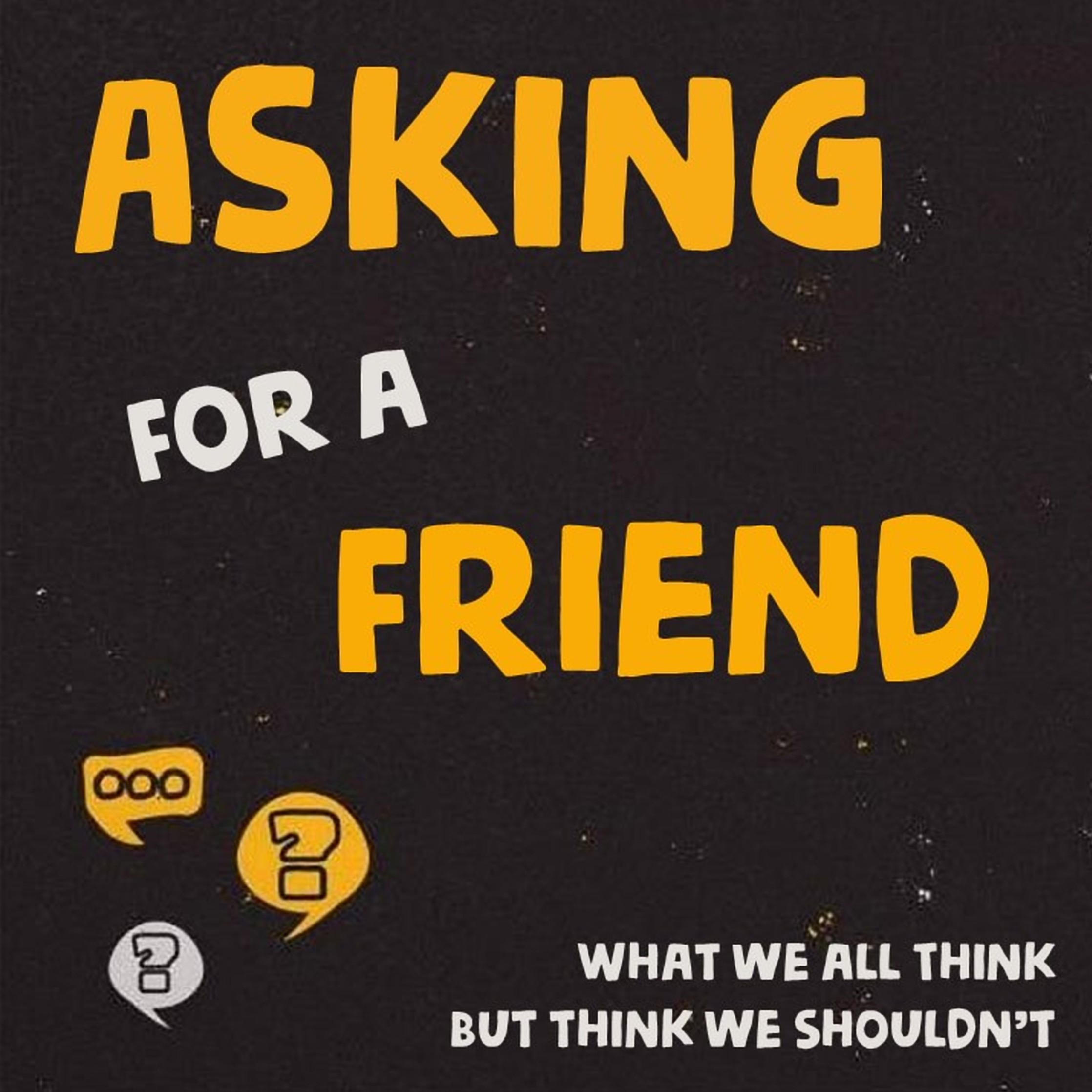Money. Whether you have a little or a lot, it’s a topic we all care about. It’s a topic God cares about too. He talks about it often. Jesus taught about it frequently. Solomon covers it in great detail.
In spite of all the guidance, we still think a lot of wrong things about money.
We hold tightly to mythical ideas about money–usually without any idea as to where those myths came from. Most of our money myths fall into one of two extremes: we love it or we hate it. We live for it, or we live in fear of it.
Neither extreme is fair though. People who have money aren’t necessarily evil. “Poor people” aren’t automatically righteous. Money isn’t the root of all evil, and poverty isn’t a fast track to salvation.
Why do we give money so much prestige? Why do we use it to keep score? Why do we have so many bad ideas about how it fits into our lives?
Solomon addresses all of this and more. His philosophy on money is different than the one many of us are used to. Allowing him to guide our understanding will restore money to its proper place in life. This small shift can replace our money anxieties with the one thing we’re all chasing: contentment.
(This message is based on Ecclesiastes 5.8-6.12)
Podcast: Download (Duration: 28:14 — 13.0MB)









